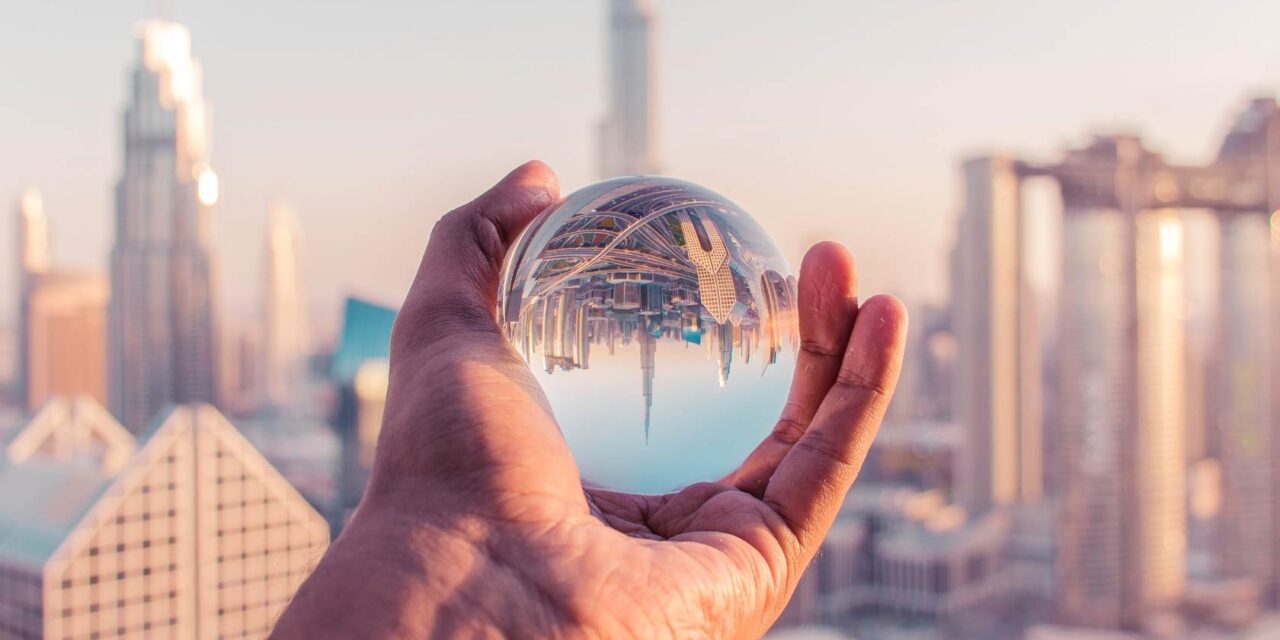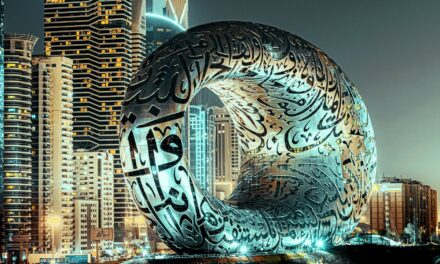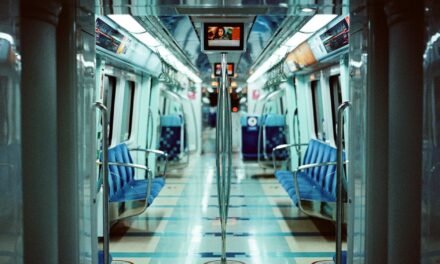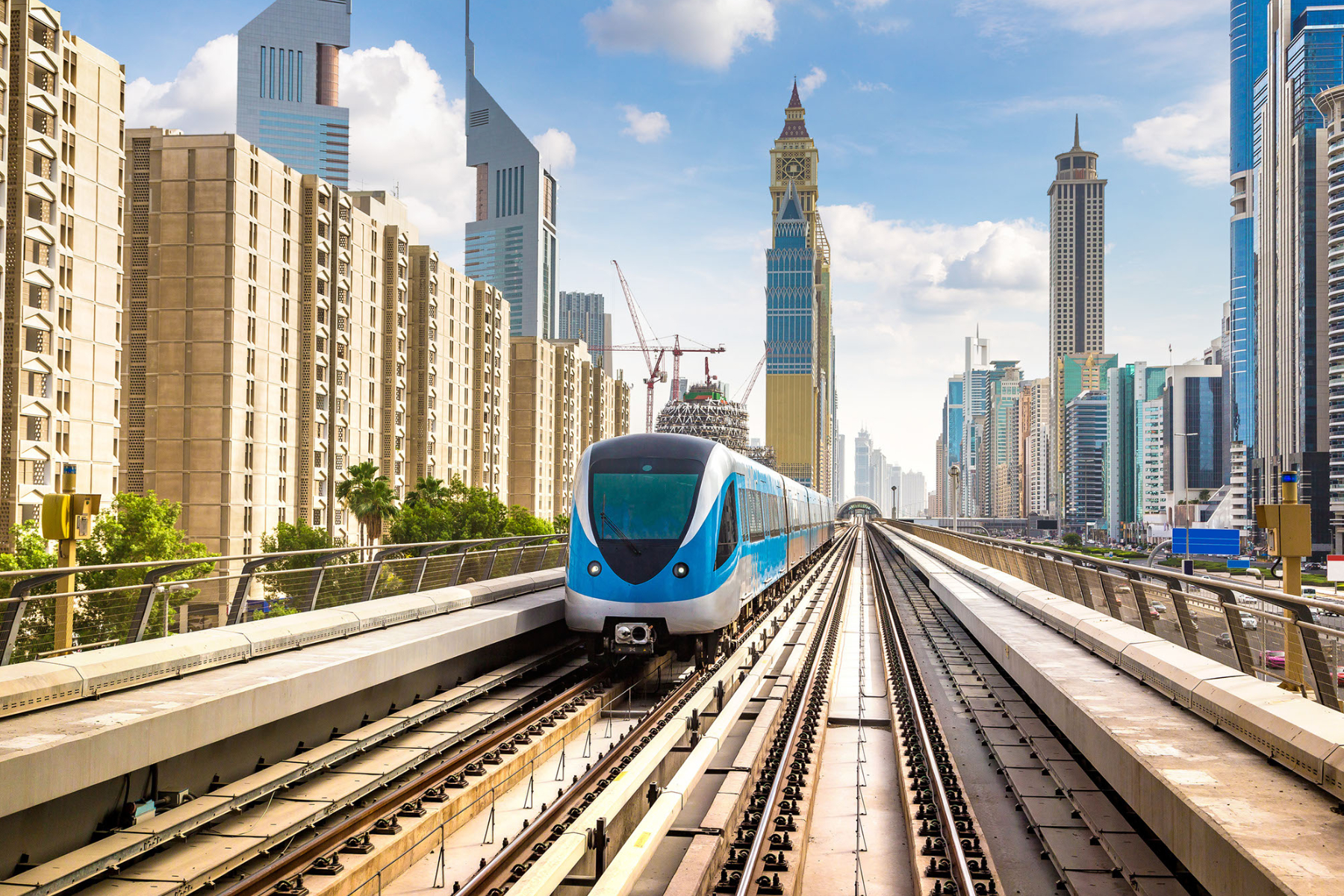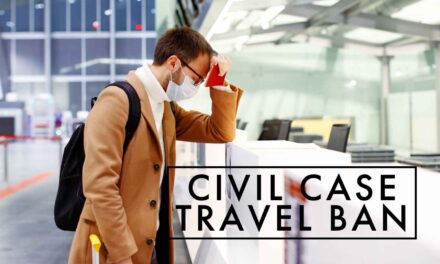Dubai is one of the most popular tourist destinations in the world, known for its luxurious lifestyle, towering skyscrapers, and man-made wonders. However, there are some things that Dubai does not have. One of the most notable is the absence of natural freshwater sources. Dubai relies heavily on desalination plants to provide its population with drinking water.
Another thing that Dubai does not have is a democratic political system. The United Arab Emirates, of which Dubai is a part, is a federation of seven emirates, each ruled by an absolute monarch. The political system is hierarchical, with the federal government having more power than the individual emirates.
Despite its reputation as a tax haven, Dubai does not have an income tax. This has made it an attractive destination for expatriates looking to earn tax-free salaries. However, the government has introduced other taxes, such as a value-added tax and excise taxes on certain goods.
Key Takeaways
- Dubai lacks natural freshwater sources and relies heavily on desalination plants.
- The political system in Dubai is hierarchical, with an absolute monarch ruling each individual emirate.
- Dubai is known for being a tax haven, but it does not have an income tax.
Lack of Natural Freshwater Sources
Dubai faces a significant challenge in securing freshwater sources due to its arid climate and lack of natural freshwater resources. According to The Official Portal of the UAE Government, natural freshwater sources in the UAE are rare and limited to groundwater. Surface water sources are almost non-existent, with the exception of a few seasonal wadis (dry riverbeds).
As a result, the UAE relies heavily on desalinated water, which is produced using excess heat from electricity generation. While this technology has allowed Dubai to meet its water needs, it has also caused significant environmental impact on the marine environment. The highly concentrated seawater discharged during the desalination process has led to increased salinity levels and negatively impacted the marine ecosystem.
To address this challenge, the UAE government is exploring sustainable desalination solutions that can meet long-term water needs. Connecting desalination technologies to renewable energy sources like solar power is one solution, according to The Official Portal of the UAE Government.
Despite these efforts, the scarcity of freshwater sources remains a significant challenge for Dubai. The Water Project reports that groundwater is a critical source of water in the region, but it is being depleted at an alarming rate due to overexploitation and inefficient irrigation practices. This has led to a widening gap between demand and supply, exacerbating the water crisis in the Middle East.
In summary, Dubai’s lack of natural freshwater sources poses a significant challenge to the city’s water security. While the UAE government is exploring sustainable desalination solutions and renewable energy sources, the scarcity of freshwater sources remains a pressing issue that requires ongoing attention and innovation.
Absence of Democratic Political System
Dubai, like the rest of the United Arab Emirates (UAE), does not have a democratic political system. The UAE is a federation of seven emirates, each with its own ruler, and the pace of local government reform in each emirate is set primarily by the ruler. Under the provisional constitution of 1971, each emirate reserves considerable powers, including control over mineral rights (notably oil) and revenues.
The UAE is an absolute monarchy, with the President of the UAE serving as the head of state and the Prime Minister of the UAE serving as the head of government. The President is elected by the Supreme Council of Rulers, which is composed of the seven emirs of the UAE. The Prime Minister is appointed by the President.
Political parties are banned in the UAE, and all executive, legislative, and judicial authority ultimately rests with the seven hereditary rulers of the emirates. Limited elections are held for a federal advisory body, but the members of this body are appointed by the rulers of the emirates rather than elected by the people.
The lack of a democratic political system in Dubai and the UAE has been a subject of criticism from human rights groups and international organizations. While the UAE has made significant progress in terms of economic development and modernization, the absence of genuine democratic reform has raised concerns about the country’s commitment to human rights and political freedom.
In conclusion, while Dubai is known for its modern and cosmopolitan lifestyle, it lacks a democratic political system. The UAE is an absolute monarchy, with the President and Prime Minister appointed by the Supreme Council of Rulers. Political parties are banned, and limited elections are held for a federal advisory body. The absence of genuine democratic reform has been a subject of criticism from human rights groups and international organizations.
Lack of Income Tax
One of the most significant advantages of living and working in Dubai is the lack of income tax. Unlike many other countries where citizens and residents are required to pay a portion of their income to the government, the United Arab Emirates (UAE) does not impose any income tax on its residents.
This tax-free environment has made Dubai an attractive destination for entrepreneurs, investors, and high-net-worth individuals from around the world. By not having to pay income tax, individuals and businesses can keep more of their earnings and reinvest them into their businesses, which can help stimulate economic growth.
It’s important to note that while there is no income tax in Dubai, there are other forms of taxes that residents and businesses may be subject to. For example, there is a value-added tax (VAT) of 5% that is levied on most goods and services. Additionally, there may be customs duties and other fees that are imposed on certain imported goods.
Despite these other taxes, the absence of income tax in Dubai is a significant advantage for individuals and businesses alike. It allows for greater financial flexibility and can help attract top talent to the region.
Overall, the lack of income tax in Dubai is a major draw for individuals and businesses looking to establish themselves in the region. While there are other taxes to consider, the absence of income tax can provide significant financial benefits and help stimulate economic growth.
Limited Agricultural Land
Dubai is a city-state located in the desert region of the United Arab Emirates. As such, it faces several challenges when it comes to agriculture. One of the biggest challenges is the limited availability of agricultural land.
According to Wikipedia, only 3% of the land in the UAE is suitable for farming. This is due to a combination of factors, including intense heat, periodic locust swarms, and limited water supplies. As a result, Dubai has had to be creative in its approach to agriculture.
One solution that Dubai has implemented is vertical farming. In 2022, Dubai opened the world’s largest vertical farm, which is set to produce more than 900 tonnes of leafy greens annually using 95% less water than crops grown in fields. This is a promising development for the city-state, as it allows for more efficient use of limited space and resources.
Another approach that Dubai has taken is advanced farming techniques. According to Invest in Dubai, the agricultural sector contributed AED 498 million to Dubai’s GDP in 2019. To continue growing this sector, Dubai has invested in advanced farming techniques such as hydroponics, aquaponics, and aeroponics. These methods allow for crops to be grown in water rather than soil, which can help mitigate the issue of limited agricultural land.
Despite these efforts, it is clear that Dubai’s agricultural sector will always face challenges due to the limited availability of suitable land. However, by continuing to invest in innovative solutions and advanced farming techniques, Dubai can continue to push the boundaries of what is possible in agriculture in a desert environment.
Absence of Heavy Industry
Dubai is known for its impressive skyline, luxurious lifestyle, and thriving economy. However, one thing that Dubai does not have is a significant presence of heavy industry.
Heavy industry refers to the production of large, bulky goods such as machinery, steel, and chemicals. These industries typically require large amounts of capital, land, and resources to operate. While Dubai does have some manufacturing facilities, the majority of its economy is focused on services, trade, and tourism.
One reason for the absence of heavy industry in Dubai is the lack of natural resources. Unlike other countries in the Middle East, Dubai does not have significant oil reserves. As a result, the government has focused on developing other sectors of the economy, such as finance, real estate, and tourism.
Another factor that has contributed to the absence of heavy industry in Dubai is the government’s focus on sustainability. Dubai has set ambitious targets to reduce its carbon footprint and increase the use of renewable energy sources. This focus on sustainability has led to the development of industries such as solar energy and green technology, rather than traditional heavy industry.
Despite the absence of heavy industry, Dubai’s economy continues to thrive. The city’s strategic location, world-class infrastructure, and business-friendly policies have attracted investment from around the world. As a result, Dubai has become a hub for trade, finance, and tourism, and continues to be one of the fastest-growing cities in the world.
In conclusion, while Dubai may not have a significant presence of heavy industry, the city’s economy has diversified into other sectors that have allowed it to thrive. With its commitment to sustainability and innovation, Dubai continues to set itself apart as a global leader in the 21st century.
Lack of Cultural Diversity
Dubai is a city that prides itself on being a global hub of commerce and tourism. However, despite its many attractions, there are some areas where the city falls short. One of the most notable of these is its lack of cultural diversity.
Absence of Local Arts Scene
Dubai is home to some impressive architectural feats, such as the Burj Khalifa and the Burj Al Arab. However, when it comes to a thriving local arts scene, the city falls short. While there are some galleries and museums in the city, they tend to focus on international artists rather than promoting local talent. This is a shame, as Dubai has a rich cultural history that could be celebrated through the arts.
Limited Local Cuisine
Dubai is known for its high-end restaurants and celebrity chefs. However, when it comes to local cuisine, the options are limited. While there are some traditional Emirati restaurants in the city, they are few and far between. This is a shame, as Emirati cuisine is delicious and unique. Visitors to Dubai are more likely to find international cuisine than local dishes, which is a missed opportunity to experience the local culture through its food.
In conclusion, while Dubai has much to offer visitors, its lack of cultural diversity is a notable weakness. With a greater emphasis on promoting local artists and cuisine, the city could become an even more vibrant and interesting destination.
Limited Public Transportation
Dubai is a city that is known for its luxurious lifestyle, grand architecture, and extravagant shopping malls. However, one thing that Dubai lacks is an efficient public transportation system.
While Dubai does have a public transportation system, it is limited in its scope and reach. The primary forms of public transport are the Dubai Metro, taxis, buses, and water taxis, also known as abras. The government controls most public transportation in the UAE, including the buses, taxis, water taxis, and the metro. In Dubai, the Roads and Transport Authority (RTA) has the operations of public taxis, the Dubai Metro, the water transport system, buses, and the Dubai Tram, under its purview.
Currently, two metro lines are operating – the Red Line and the Green Line. The Dubai Metro represents high-quality but cheap public transport in Dubai. The Dubai Metro seamlessly connects many city residential and commercial districts while also stopping near several of Dubai’s top attractions near metro. However, the metro network is limited, and it does not cover all parts of the city.
The buses in Dubai are operated by the RTA and are an affordable mode of transportation. However, the bus routes are limited, and they are not always reliable due to traffic congestion. Additionally, the water taxis, or abras, are a unique and exciting way to travel around Dubai. They are an affordable option but are limited in their reach and only operate in certain areas.
Overall, while Dubai does have a public transportation system, it is limited in its scope and reach. This makes it challenging for residents and tourists to travel around the city efficiently. It is recommended to use private transportation options such as taxis or rental cars to get around the city.
Lack of Historical Architecture
Dubai is known for its modern and innovative architecture, but one thing it lacks is historical architecture. Due to its rapid development and growth, many of the older buildings have been demolished to make way for new construction projects. As a result, the city has a relatively short history, with most of its architecture dating back only a few decades.
While there are a few older buildings that have been preserved, such as the Al Fahidi Historical Neighbourhood, they are few and far between. The lack of historical architecture can be attributed to a number of factors, including the city’s rapid growth and development, the focus on modernization and innovation, and the fact that many of the city’s residents are expats who have only recently moved to the city.
Despite the lack of historical architecture, Dubai has made a name for itself as a hub for modern and innovative architecture. The city is home to some of the world’s tallest buildings, such as the Burj Khalifa and the Burj Al Arab, as well as a number of other impressive structures. These buildings have become symbols of the city’s ambition and vision for the future.
Overall, while Dubai may not have a rich history of architecture, it has made up for it with its modern and innovative designs. The city continues to push the boundaries of what is possible in architecture, and it will be interesting to see what new and exciting projects will be developed in the future.
Absence of Natural Landscapes
Dubai is a city that is known for its modern and luxurious architecture, but it is also known for its absence of natural landscapes. As a result of its desert environment, Dubai lacks many of the natural features that are commonly found in other parts of the world. In this section, I will discuss some of the natural landscapes that are absent in Dubai.
Limited Forests
Dubai is not known for its forests. In fact, the city has very few trees and green spaces. While there are some parks and gardens in the city, the majority of the landscape is dominated by the desert. This is due to the fact that the climate in Dubai is very hot and dry, which makes it difficult for trees and other plants to grow.
Lack of Rivers and Lakes
Dubai is also known for its lack of rivers and lakes. While there are some small water bodies in the city, such as Dubai Creek, these are not natural features. Instead, they have been created through human intervention, such as dredging. The absence of natural rivers and lakes is due to the fact that Dubai is located in a desert environment, which is not conducive to the formation of water bodies.
Overall, Dubai’s absence of natural landscapes is a result of its desert environment. While the city has made efforts to create green spaces and water bodies, these are not natural features. Instead, they have been created through human intervention.
Frequently Asked Questions
What are some things that are banned in Dubai?
Dubai has strict laws and regulations that visitors and residents must follow. Some items that are banned in Dubai include drugs, pornography, pork products, gambling, and alcohol in public places. It is important to familiarize yourself with the laws and regulations before visiting Dubai to avoid any legal issues.
What are the rules for couples visiting Dubai?
Unmarried couples are not allowed to share a hotel room in Dubai. However, married couples are allowed to share a room. Public displays of affection, such as hugging and kissing, are also not allowed in public places.
What are the rules for female tourists in Dubai?
Female tourists are required to dress modestly in public places. Clothing that is revealing or offensive is not allowed. It is also important for female tourists to avoid travelling alone at night and to be cautious when accepting drinks from strangers.
Can you kiss in Dubai hotels?
Kissing in public is not allowed in Dubai, including in hotels. However, kissing in private is allowed as long as it is not in public view.
What are some weird laws in Dubai?
Dubai has some unusual laws that may seem strange to visitors. For example, it is illegal to dance in public without a license, and it is illegal to chew gum in public places. It is also illegal to take photographs of people without their permission.
What are the disadvantages of living in Dubai?
While Dubai has many benefits, there are also some disadvantages to living in the city. The cost of living can be high, and the extreme heat during the summer months can be difficult to tolerate. Additionally, the strict laws and regulations can be challenging for some individuals to adjust to.

